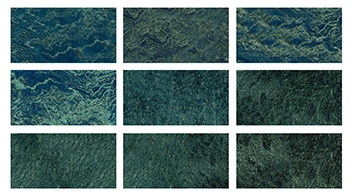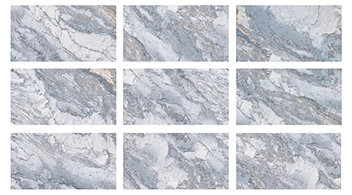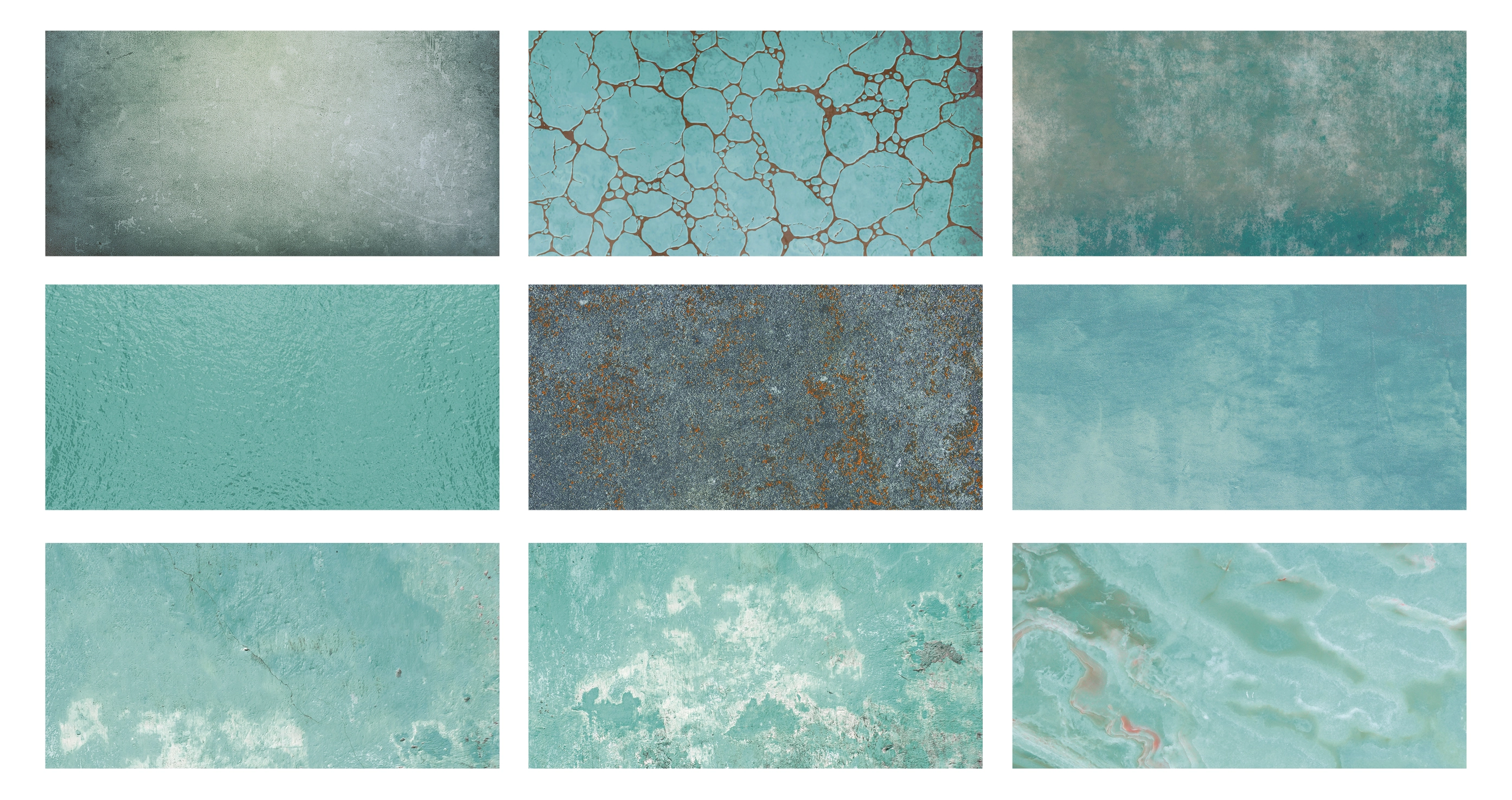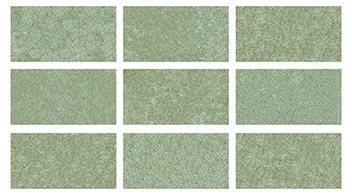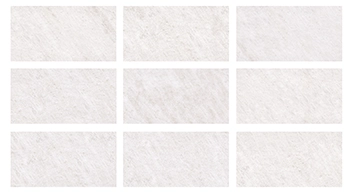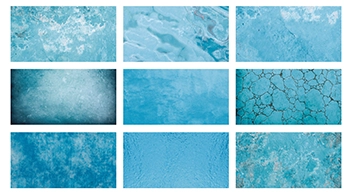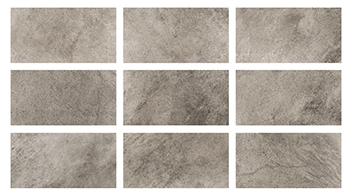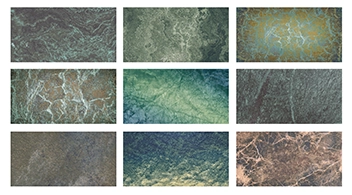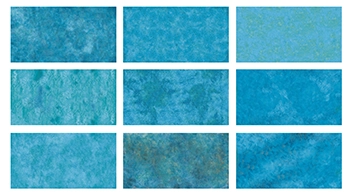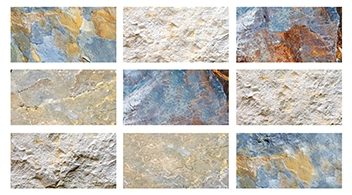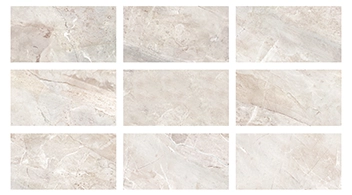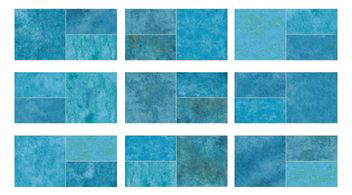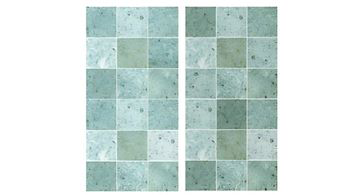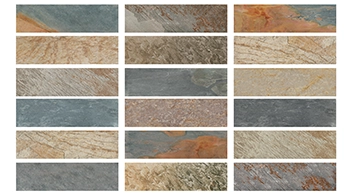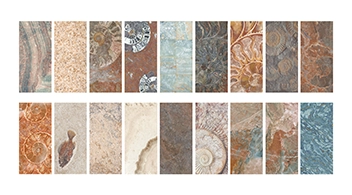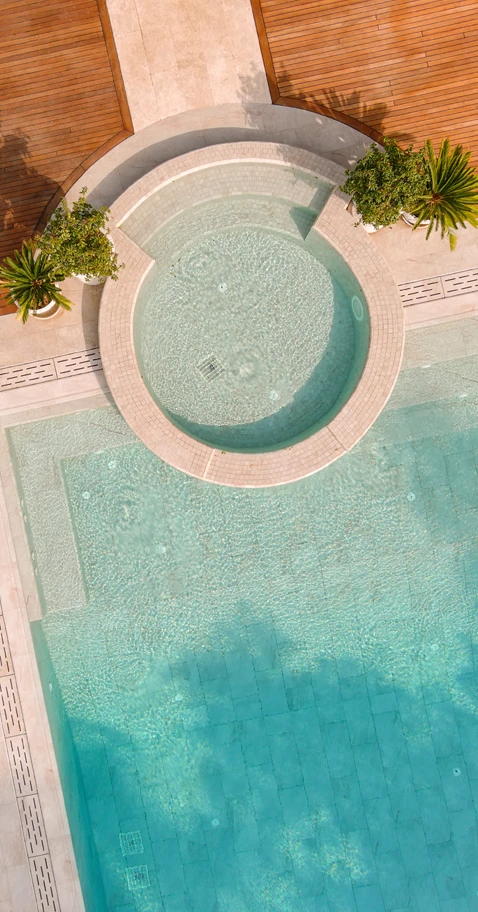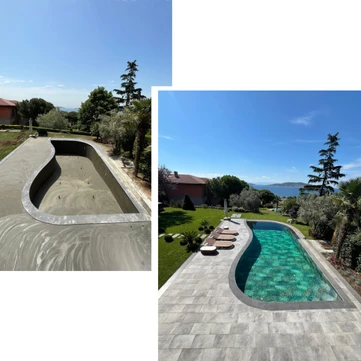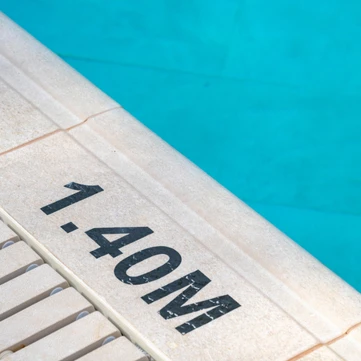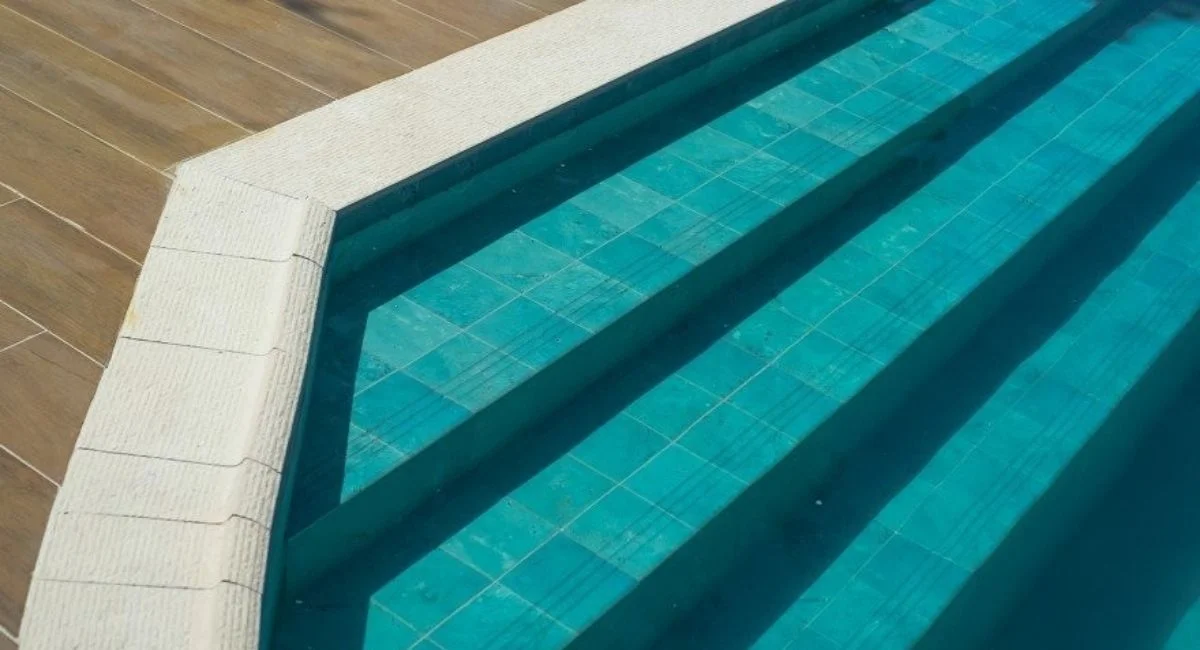
Unglazed ceramic is a high-performance cladding material produced with a completely natural and homogeneous structure, without the application of glaze on the tile surface. As the color and pattern are embedded into the body rather than applied to the surface, the aesthetic appearance remains intact even after long-term wear. This makes unglazed ceramic tiles an indispensable choice for both architectural projects and high-traffic areas.
Made from high-quality natural minerals such as kaolin, feldspar, and quartz, the tiles are shaped using high-tonnage hydraulic presses and fired at temperatures between 1200–1250°C. This high-temperature firing ensures a dense, non-porous, and hard body. As no glaze is used, the surface maintains its natural form. Upon request, finishes such as textured stone, honed (semi-matte), sandy, natural texture, or Anti-slip surfaces can be produced.
Key Features of Unglazed Ceramic
Thanks to a meticulous production process, unglazed ceramic tiles offer superior performance and exceed technical expectations. Key features include:
- Water absorption < 0.5%: Its non-porous body ensures full resistance to moisture, making it ideal for wet areas like swimming pools.
- Mohs hardness ≥ 7: Offers high scratch resistance and ensures long-lasting surface durability.
- Chemical Resistance: Resistant to acids and alkalis, maintaining form even in areas requiring intensive cleaning.
- UV and Frost Resistance: Withstands direct sunlight and frost, making it ideal for outdoor use.
- Surface variety: Offers customized solutions through honed, natural textured, stone-like, or certified Anti-slip surfaces.
Application Areas of Unglazed Ceramic
Unglazed ceramic tiles meet not only aesthetic expectations but also high-performance requirements across a variety of spaces. Key applications include:
- Pool interiors and surroundings: Ideal due to low water absorption and Anti-slip Finish.
- Spa & Wellness areas: Hygienic and natural structure promotes user well-being.
- Hotel and villa projects: Provides long-term value and return on investment.
- Public spaces and facilities: R11 Anti-slip rating ensures safe flooring solutions.
- Terraces and outdoor areas: Resistant to frost and UV rays for all-season use.
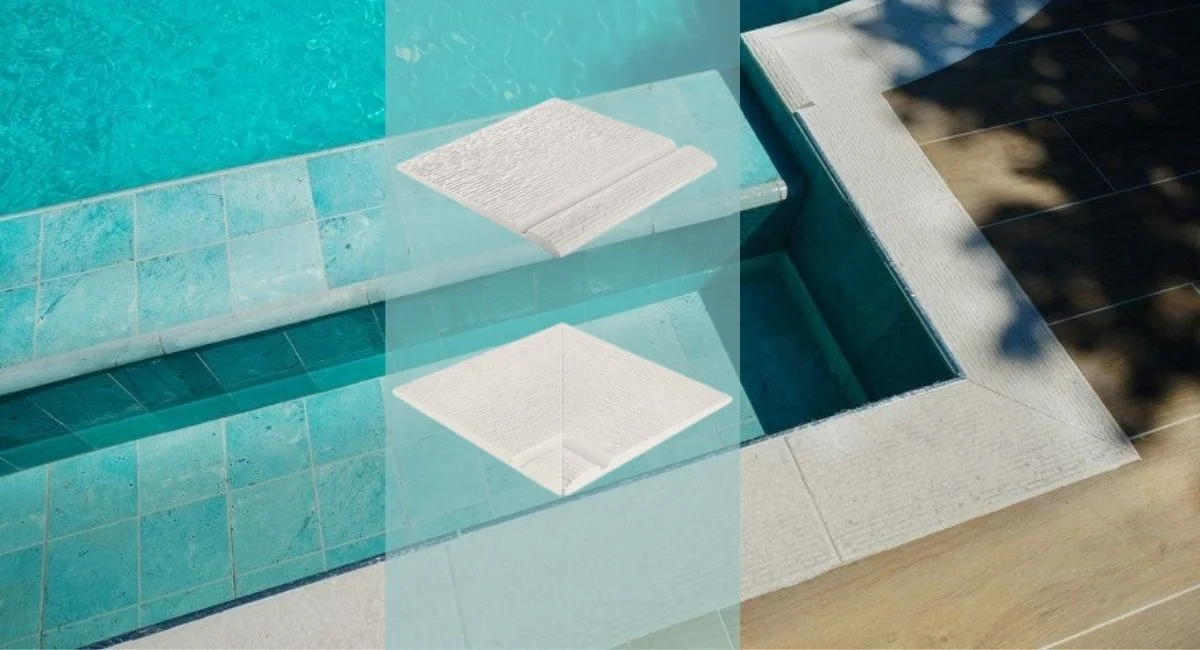
Advantages of Unglazed Ceramic Tiles
Each feature serves performance and long-term durability. Key advantages include:
- Color integrity: Body-colored structure retains appearance even after abrasion.
- Slip resistance: R11 and above finishes enhance safety, especially on wet surfaces.
- Hygienic surface: Non-porous finish resists dirt and bacteria, making cleaning effortless.
- System integrity: Complements complete design with skirting pieces, grates, copings, and corners.
- Maintenance-free use: Natural surface structure eliminates the need for additional care.
Key Considerations for Application
Sustained high performance depends on proper application. The following points should be considered before and during installation:
- Cutting process: Due to the tile’s hardness, precise cuts should be made using diamond-tipped machines.
- Adhesive selection: Use C2-class flexible adhesives to ensure proper bonding.
- Grouting: Epoxy-based grouts are recommended for pool interior applications.
- Surface slopes: Adequate slopes must be ensured to prevent water accumulation and minimize slip risks.
Why Choose Unglazed Tiles?
Because you seek more than just a beautiful surface—you’re looking for a material engineered to perform. You want your flooring solution to enhance your project’s value and maintain its form for decades. For surfaces that stand the test of time, respect nature, and elevate your design, explore Serapool’s unglazed porcelain tile collection.
